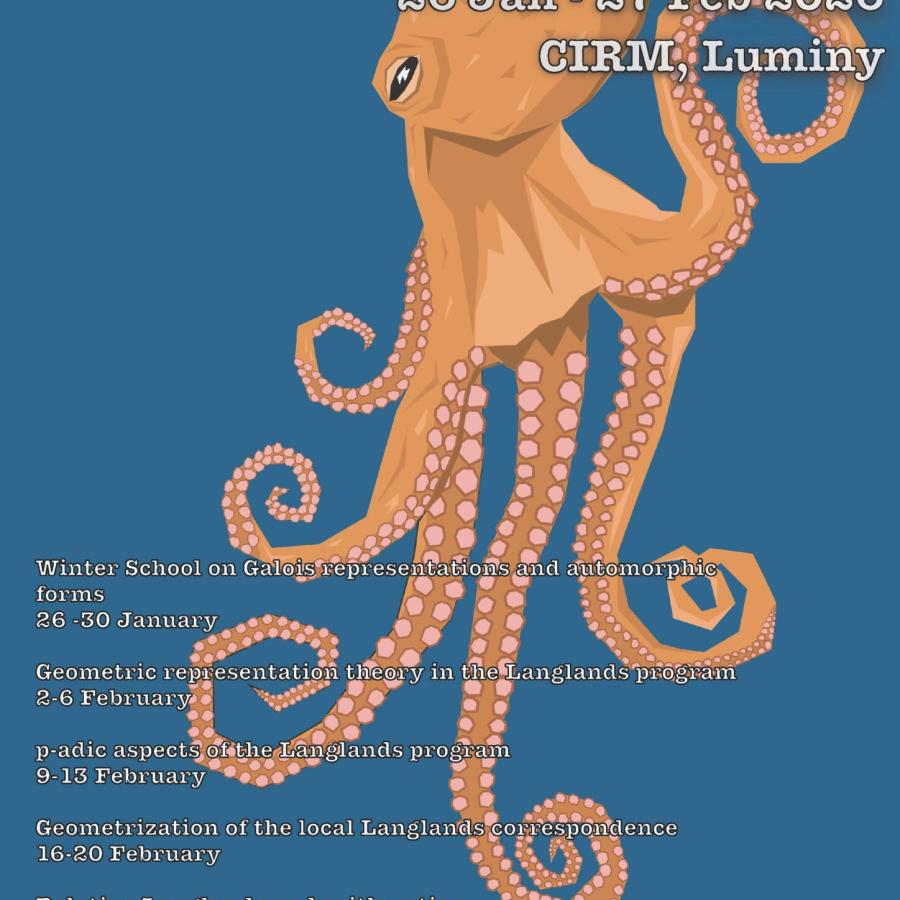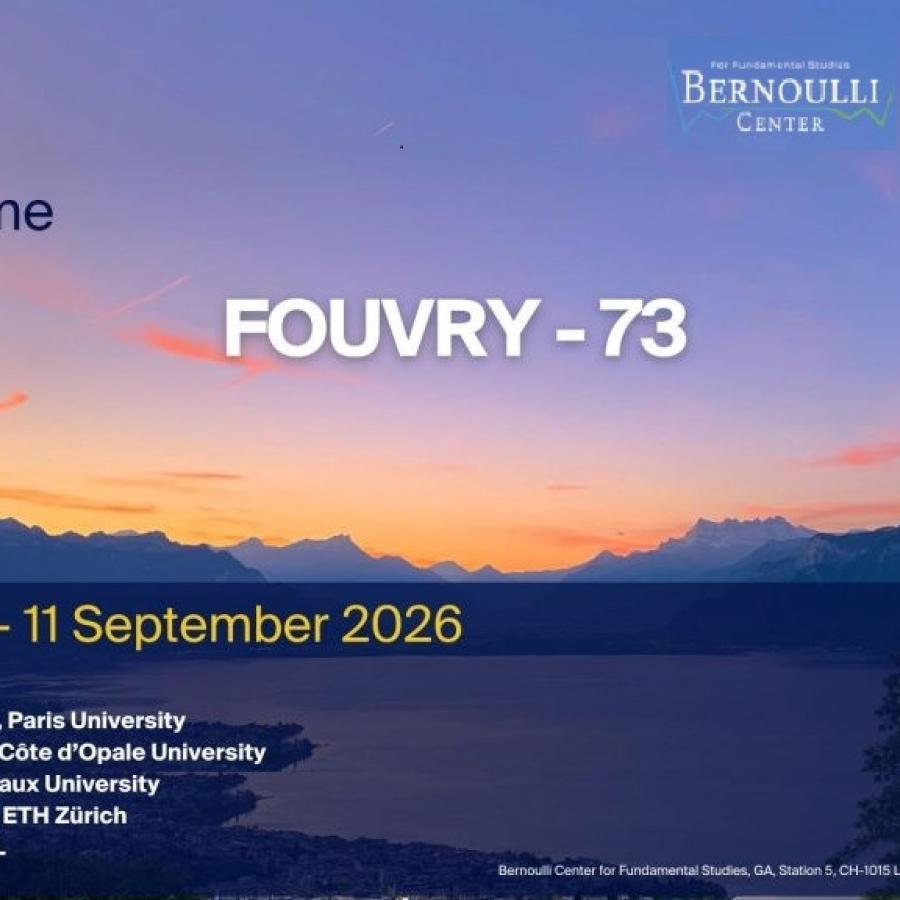Lauréat avec Christian PAROISSIN, Université de Pau et des Pays de l'Adour (France).
2026
Around the Langlands program
Born in a letter of Robert Langlands to André Weil in 1967, the Langlands program seeks to establish a far-reaching web of conjectures relating seemingly distant areas of mathematics, primarily number theory, representation theory, and algebraic geometry
This thematic month will focus on some of the most important current directions of this program: the geometric Langlands program, the p-adic Langlands program, the geometrization of the Langlands program, and relative Langlands duality.
FOUVRY - 73
Titre: FOUVRY - 73
Week 1-2 (17 August- 28 August 2026): Summer school
Week 3 (31 August -4 September 2026): Workshop
Week 4 (7-11 September 2026): Scientific collaborations
General summary:
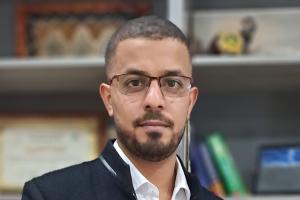
Hacen ZELACI
Lauréat avec Christian Pauly, Université Côte d'Azur (France).

SUJEET KUMAR SINGH
Lauréat avec Thomas HANNE, University of Applied Sciences and Arts (Suisse).
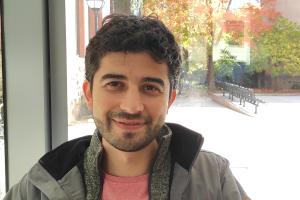
Guilherme SILVA
Lauréat avec Mattia CAFASSO, Université d'Angers (France).

Oorna MITRA
Lauréate avec Enric VENTURA, Universitat Politècnica de Catalunya (Espagne).
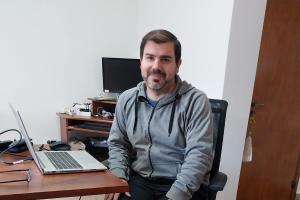
Francisco MARTÍNEZ PERÍA
Lauréat avec Carsten TRUNK, Technische Universität Ilmenau (Allemagne).
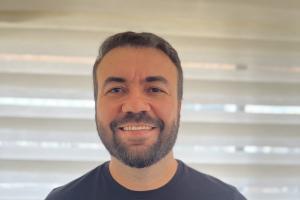
Flavio CRUZ
Lauréat avec Barbara NELLI, Universitá di L’Aquila (Italie).
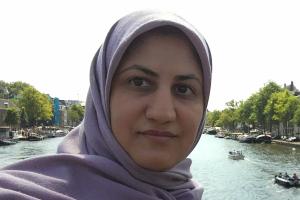
Somayeh CHOPOGHLOO
Lauréate avec David FERNÁNDEZ-DUQUE, University of Barcelona (Espagne).


